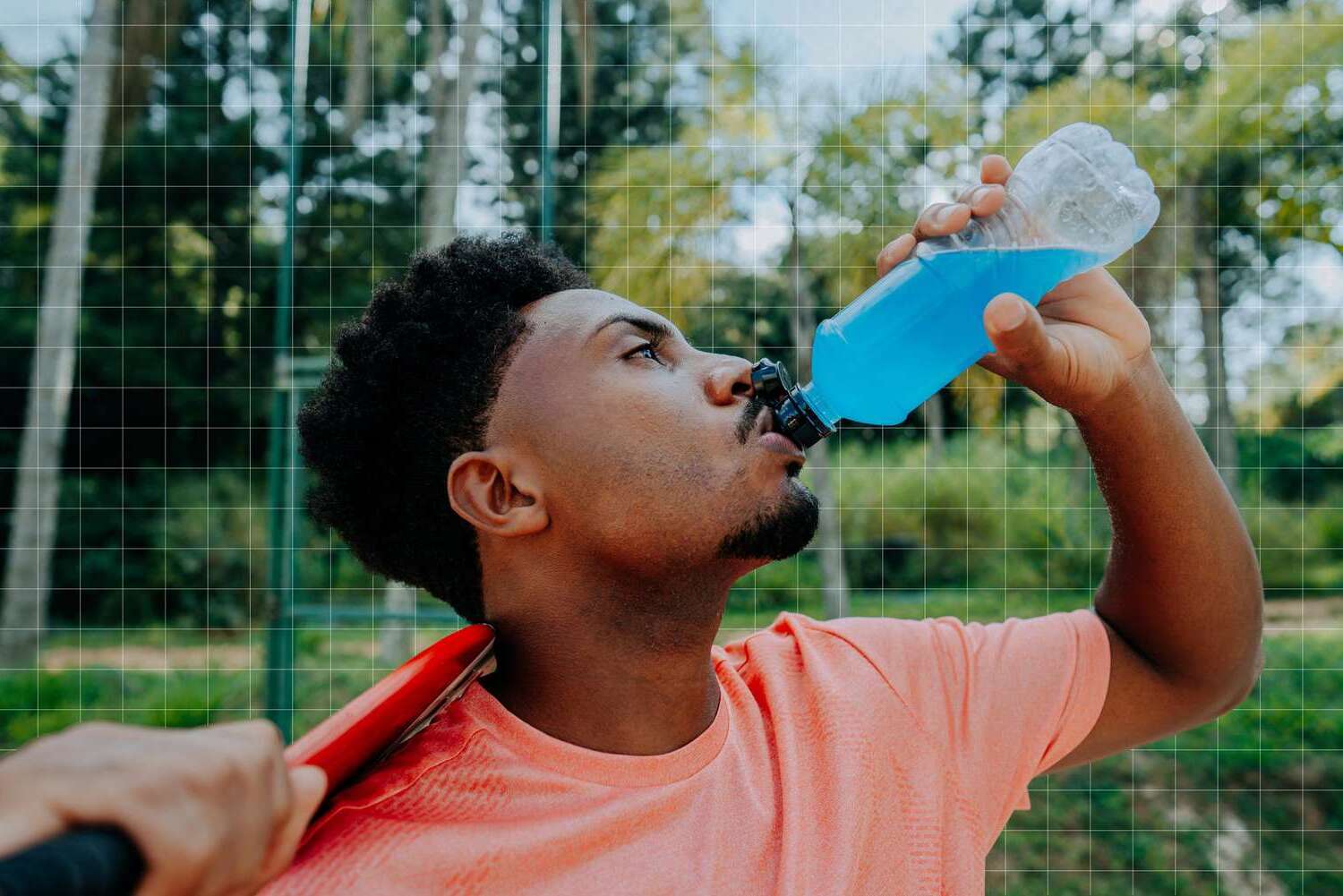
Electrolytes are essential for keeping our bodies functioning smoothly. They help regulate nerve and muscle function, hydrate the body, balance blood acidity and pressure, and help rebuild damaged tissue. But what exactly are they? Electrolytes are minerals that carry an electric charge. Common ones include sodium, potassium, calcium, and magnesium. These minerals are found in your blood, urine, tissues, and other body fluids. When you sweat, you lose electrolytes, which is why it's important to replenish them, especially after intense exercise. Ever wondered why sports drinks are so popular? They contain these vital minerals to help you recover faster. Understanding electrolytes can help you maintain better health and improve your athletic performance. Ready to learn more? Let's dive into 23 fascinating facts about electrolytes!
What Are Electrolytes?
Electrolytes are minerals that carry an electric charge. They are essential for various bodily functions, including muscle contractions and hydration. Below are some fascinating facts about these vital substances.
-
Electrolytes include sodium, potassium, calcium, magnesium, chloride, phosphate, and bicarbonate. These minerals help regulate nerve and muscle function, hydrate the body, balance blood acidity and pressure, and rebuild damaged tissue.
-
Electrolytes are found in your blood, urine, tissues, and other body fluids. They are crucial for maintaining the balance of fluids inside and outside your cells.
-
Sodium is the most abundant electrolyte in the body. It plays a key role in maintaining blood pressure and volume, as well as in nerve and muscle function.
How Electrolytes Work
Understanding how electrolytes function can help you appreciate their importance in everyday health.
-
Electrolytes dissolve in water and form ions. These ions carry an electric charge, which is essential for many physiological processes.
-
They help transmit electrical signals in the body. This is crucial for muscle contractions, including the beating of your heart.
-
Electrolytes balance the amount of water in your body. They help move nutrients into cells and waste products out of cells.
Sources of Electrolytes
Electrolytes can be obtained from various foods and drinks. Knowing where to find them can help you maintain a balanced diet.
-
Fruits and vegetables are excellent sources of electrolytes. Bananas, oranges, and spinach are particularly rich in potassium.
-
Dairy products provide calcium and magnesium. Milk, cheese, and yogurt are good options to include in your diet.
-
Sports drinks are designed to replenish electrolytes. They are especially useful during intense physical activity or in hot climates.
Importance of Electrolytes in Exercise
Electrolytes play a significant role in physical performance and recovery. Here’s why they are crucial for athletes and active individuals.
-
Electrolytes prevent muscle cramps. They help maintain proper muscle function during exercise.
-
They aid in hydration. Electrolytes help your body absorb water more efficiently, which is vital during prolonged physical activity.
-
Electrolytes support endurance. Proper electrolyte balance can improve stamina and reduce fatigue.
Electrolyte Imbalance
An imbalance in electrolytes can lead to various health issues. Recognizing the signs can help you take timely action.
-
Dehydration is a common cause of electrolyte imbalance. Symptoms include dizziness, dry mouth, and dark urine.
-
Overhydration can also disrupt electrolyte balance. Drinking too much water can dilute electrolytes, leading to conditions like hyponatremia.
-
Certain medications can affect electrolyte levels. Diuretics, for example, can cause a loss of potassium and sodium.
Health Conditions Related to Electrolytes
Electrolytes are linked to several health conditions. Understanding these connections can help in managing your health better.
-
Kidney disease can affect electrolyte balance. The kidneys play a crucial role in filtering and balancing electrolytes.
-
Diabetes can lead to electrolyte imbalances. High blood sugar levels can cause the body to lose more electrolytes through urine.
-
Heart disease is influenced by electrolyte levels. Imbalances can affect heart rhythm and blood pressure.
Monitoring Electrolyte Levels
Regular monitoring can help maintain optimal electrolyte balance. Here’s how you can keep track.
-
Blood tests can measure electrolyte levels. These tests can help diagnose imbalances and guide treatment.
-
Urine tests can also provide information. They help assess how well your kidneys are functioning.
-
Smartphone apps can track your electrolyte intake. Some apps can help you monitor your diet and hydration levels.
Fun Facts About Electrolytes
Electrolytes have some surprising and fun aspects. Here are a few to ponder.
Final Thoughts on Electrolytes
Electrolytes play a crucial role in keeping our bodies functioning smoothly. They help maintain fluid balance, support nerve and muscle function, and regulate blood pressure. Without enough electrolytes, you might experience muscle cramps, fatigue, or even more serious health issues.
Remember to stay hydrated, especially during intense physical activity or hot weather. Foods like bananas, spinach, and yogurt are excellent sources of these vital minerals. Sports drinks can also help replenish lost electrolytes, but be mindful of their sugar content.
Understanding the importance of electrolytes can help you make better choices for your health. Keep an eye on your diet and hydration habits to ensure you're getting enough of these essential nutrients. Stay informed, stay healthy, and keep those electrolytes in check!
Was this page helpful?
Our commitment to delivering trustworthy and engaging content is at the heart of what we do. Each fact on our site is contributed by real users like you, bringing a wealth of diverse insights and information. To ensure the highest standards of accuracy and reliability, our dedicated editors meticulously review each submission. This process guarantees that the facts we share are not only fascinating but also credible. Trust in our commitment to quality and authenticity as you explore and learn with us.


